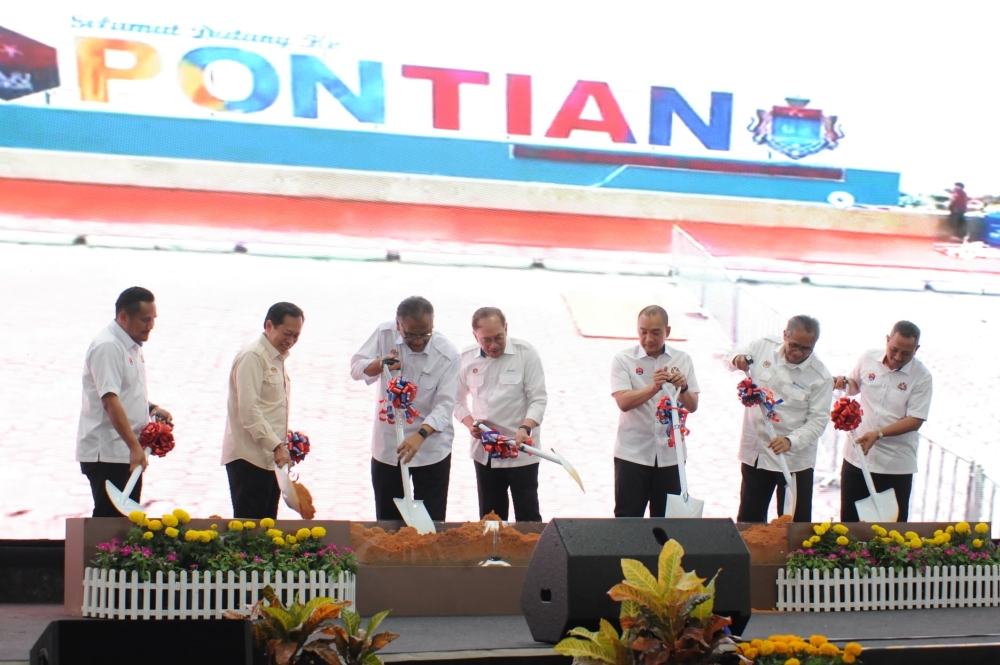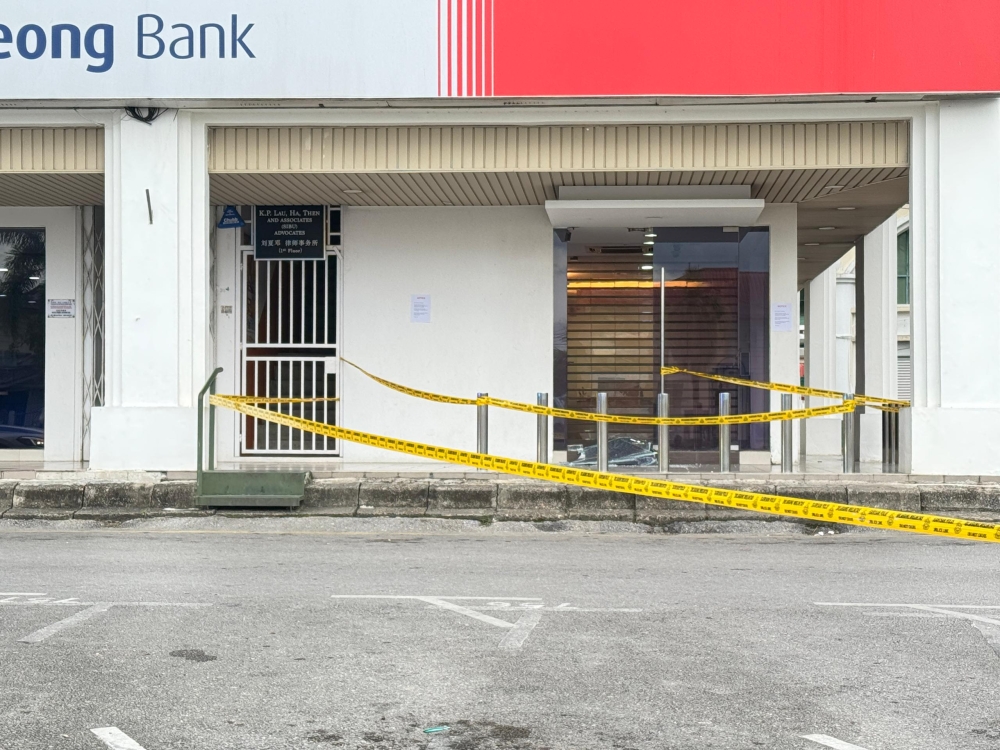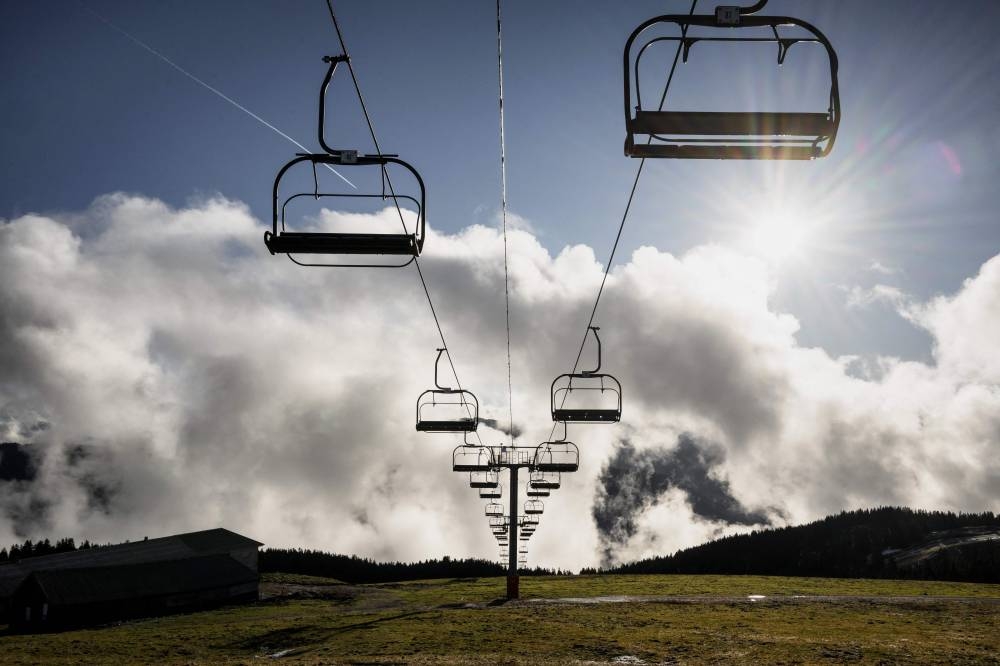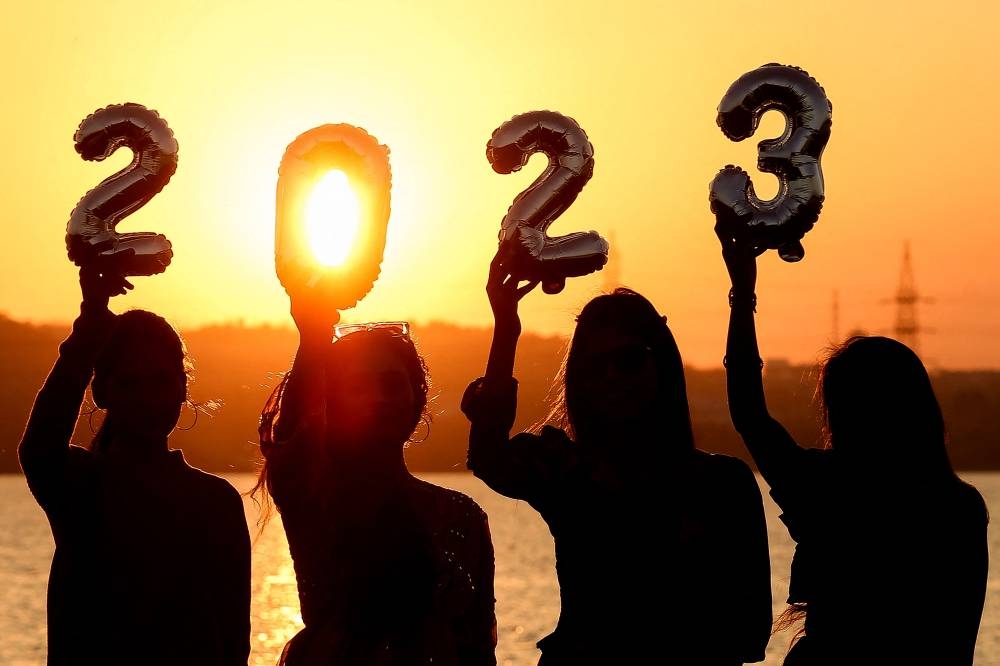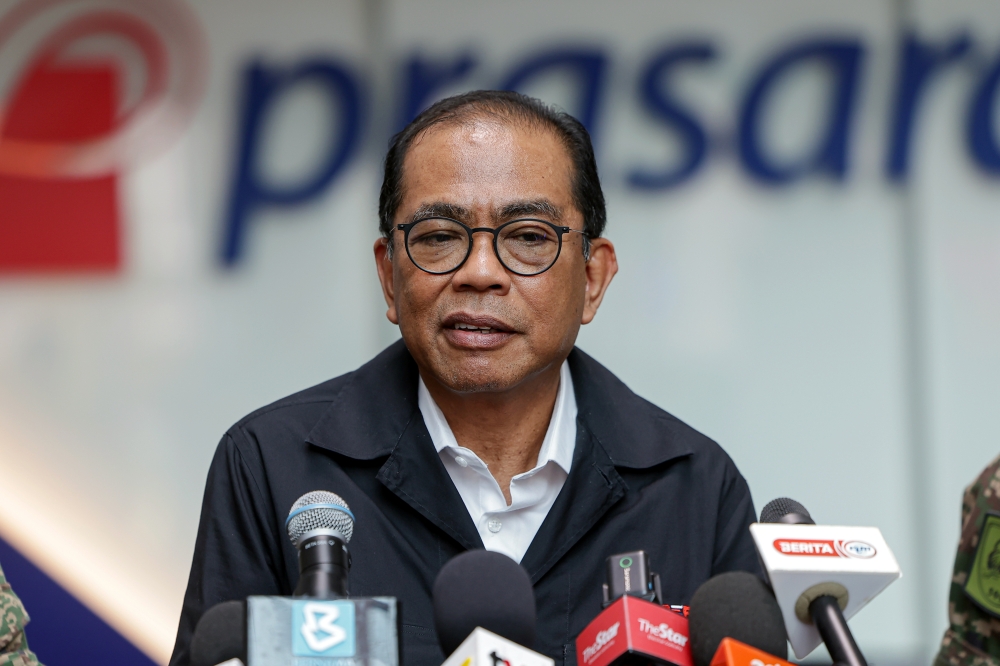JANUARY 22 ― Airbnb is banned in Singapore. A complex web of legislation surrounding short term rentals makes it virtually impossible for Singaporeans to list their properties on the world’s largest marketplace for short term rental.
HDB flats (where 80 per cent of Singaporeans live) can’t be rented for under six months. And similar restrictions exist for condominium properties as well.
If you check Airbnb listings in Singapore, you will find hardly any properties listed.
For many years I thought the government was wrong to exclude Singaporeans from a fairly straightforward way to make more money.
Airbnb is the most popular way for people all over the world to rent their homes to travellers.
Millions have rented out their properties and millions more have booked villas, apartments and homestays on the platform.
At its best, Airbnb allowed millions of people to make extra money renting out their homes and it provided an easy, safe and more homely alternative to hotels and guesthouses. It revolutionised the travel industry.
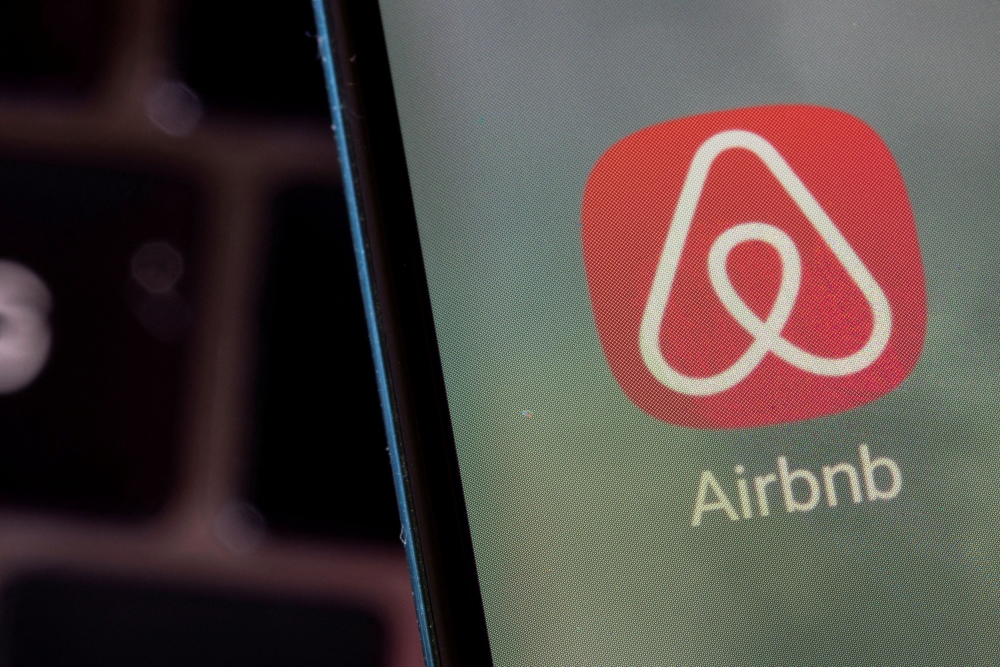
But while initially I was hopeful the Singapore government would change its policies to allow more of us to list our properties on the platform, now I am not so sure.
Singapore restricts Airbnb largely because it competes with hotels — and a proliferation of Airbnbs will drive down room rates and impact operators across the city.
But personally I'm irritated with the platform because a fun way to travel and experience hospitality around the world has become increasingly money-minded and unpleasant.
The number of rules attached to simple home stays these days is mind boggling. With hosts telling you to wash their sheets, water their plants and demanding that you don’t use the AC and climate control.
Again this was fine when costs were a fraction of those at hotels and when you were sharing the space but today Airbnbs are astronomically expensive and hosts increasingly remote. Many management companies run multiple properties on the site so there’s no more homely experience.
It’s basically a bit of an unregulated mess but Airbnb still commands a near monopoly in the short term rental space.
Users live in such fear of bad reviews (remember, on Airbnb the property owners review visitors too) that you find yourself complying with stranger and stranger requests.
Some of these rules, reviews and restrictions made sense when you were sharing a home but not when you’re paying top dollar for a property — after all, the Hilton doesn't review me!
I’m not going to say the Singapore government was right to impose restrictions. I still think Singapore should open up the short term rental market and allow people to monetise their homes but perhaps using new local platforms and implementing some regulation.
Perhaps low-income Singaporeans should be given priority in terms of renting out their spaces to travellers — and suburban areas too should be marked for this kind of rental as rentals in these areas would not compete directly with city hotels.
Again the overall principle definitely has merit and the government should allow people more opportunities to monetise and do business where they can but Airbnb just isn't the future anymore. It’s time for something new.
* This is the personal opinion of the columnist.














